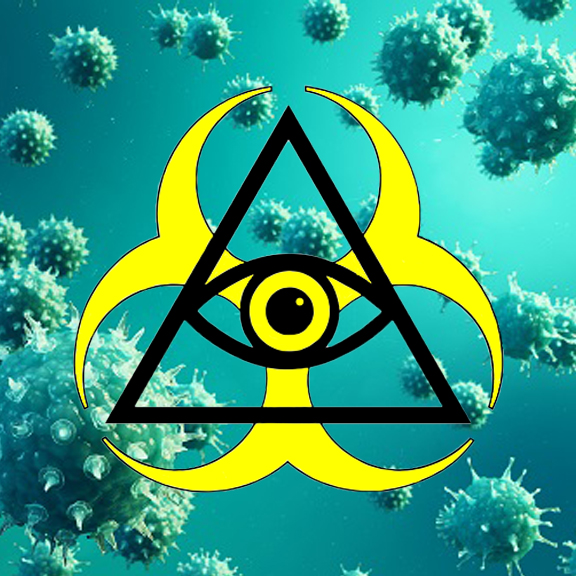
Article by Olivia Sullivan, Columnist
Graphic Courtesy of Daniel De La Rosa
COVID-19 is a new virus that is seemingly incurable and affecting lives globally. Despite its many unknowns, there have been dozens of conspiracy theories surrounding the disease.
A conspiracy that flooded news sources and media early on was the idea that the virus could be a bioweapon. According to an ET Prime report referenced in an article by The Economic Times, “A group of Chinese scientists in Canada were accused of spying and were stripped of their access to Canada’s National Microbiology Lab (NML) which is known to work on some of the most deadly pathogens.” It also highlighted a bioweapon program that included China. The creator of the Bio Weapons Act even claims that “the coronavirus is an offensive biological warfare weapon with DNA-genetic engineering.”
Another conspiracy swirling around about Coronavirus comes from a book entitled Predictions and Prophecies About the End of the World by Sylvia Browne. Page 312 of Browne’s work references a pneumonia-like illness that would spread throughout the globe on or around 2020. She mentioned that it would attack the lungs and bronchial tubes and resist all known treatment.
Connecting the dots from the locusts in East Africa, the wildfires in Australia, and now COVID-19, many Christians are focused on several verses from 2 Chronicles. Starting in verse 13, the passage references “no rain,” “locusts to devour the land,” and “a plague among my people.” Some say the locusts, wildfire, and Coronavirus are the Lord’s way of getting our attention.
These are just a few of the many conspiracy theories out there. As a whole, I think the conspiracies surrounding COVID-19 get society thinking. They can be fun and bring out people’s creativity, but they can also have negative effects if they influence people to make harmful decisions. This could be anything from taking crazy actions under the assumption that the world is about to end, to hating the individuals who are from the affected communities.
Although I do not typically believe in conspiracy theories, there are definitely some I have considered possible. Some do not have enough information for me to trust, but others are pretty persuasive.
In the end, information can spread in seconds on social media, and none of us knows what tomorrow may bring. So, when deciding to contribute to COVID-19 conspiracies, I think it is important for all of us to ask ourselves, does the cost of sharing this information outweigh the gain? Conspiracies may be fun to consider, they definitely tap into the imagination, but ultimately they really just spread false information and fear.
Seeking out trustworthy information will always be the best option. Despite the conspiracies surrounding the Coronavirus, medical professionals should be sought out. A great source would be the CDC’s page on COVID-19.
Rather than comparing the pros and cons of articles and links flooding social media, the ones researching, studying, testing, and assisting in curing the actual disease will have the most precise data. It is our responsibility to ensure that we are choosing trustworthy information to make our important decisions about health and safety.
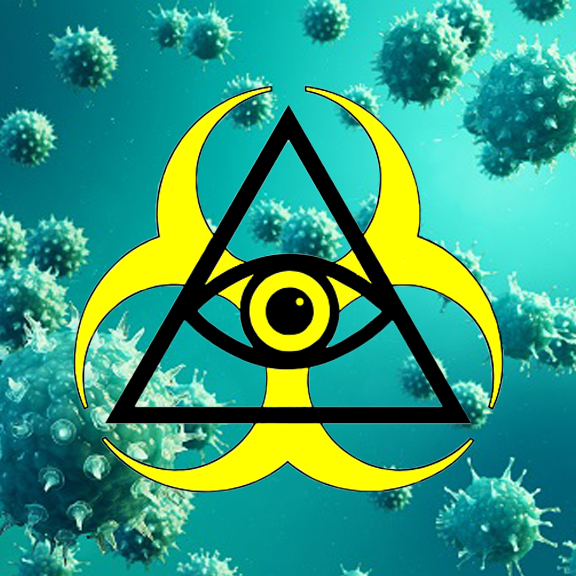
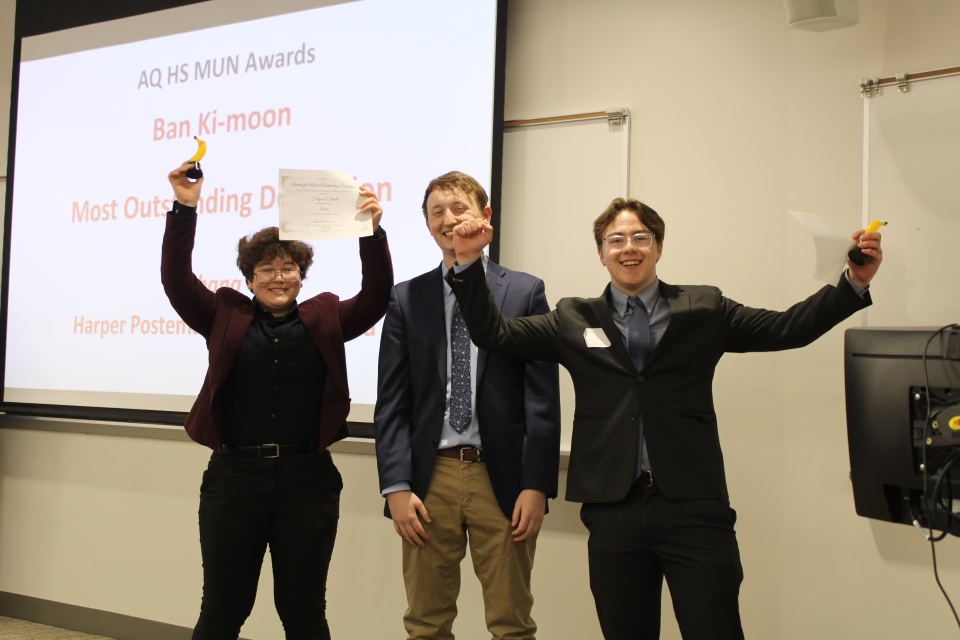
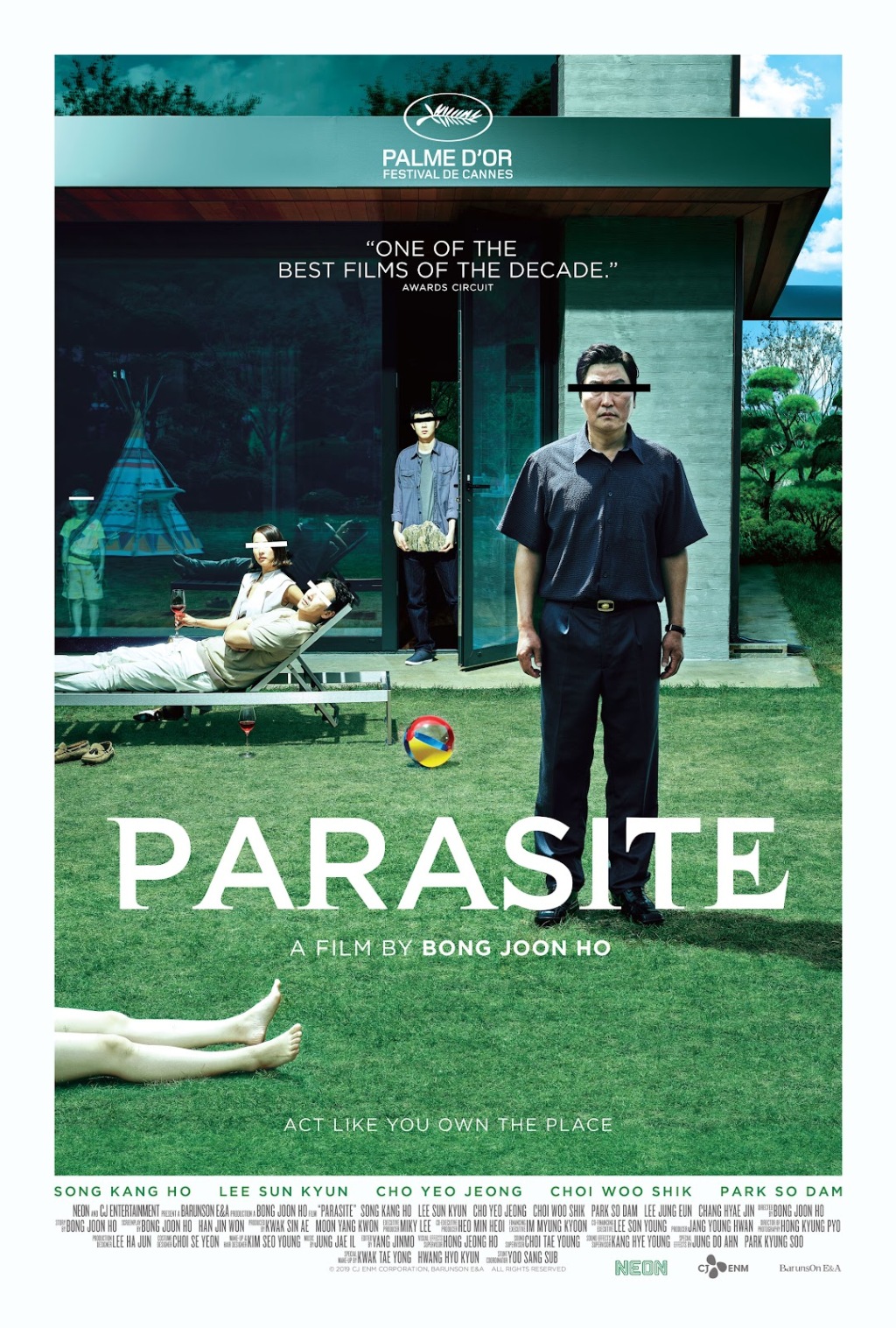

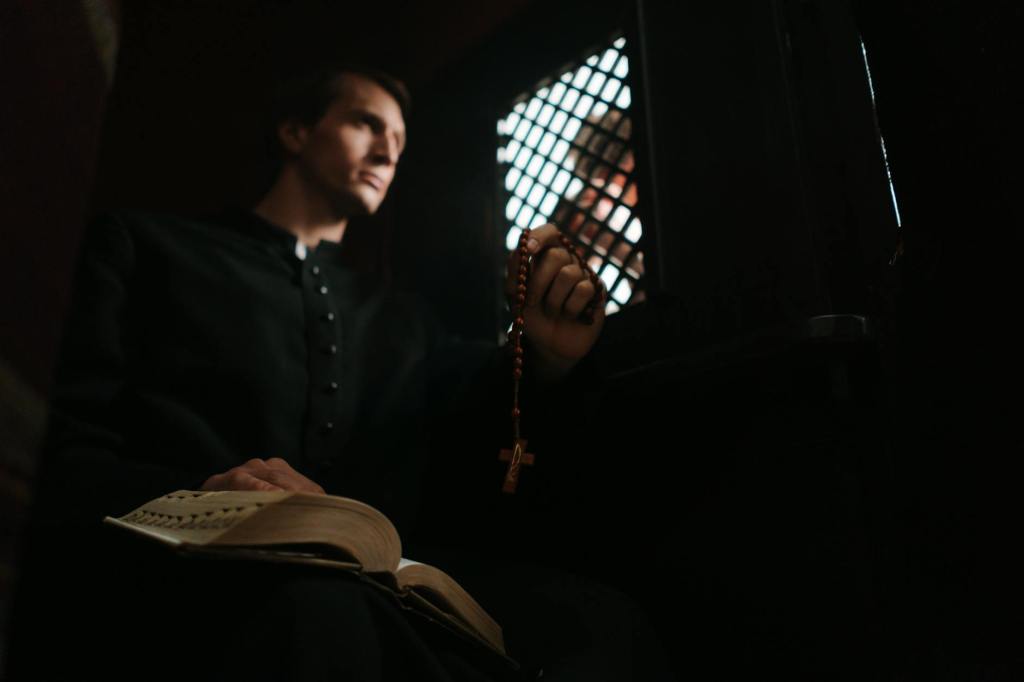
Leave a comment